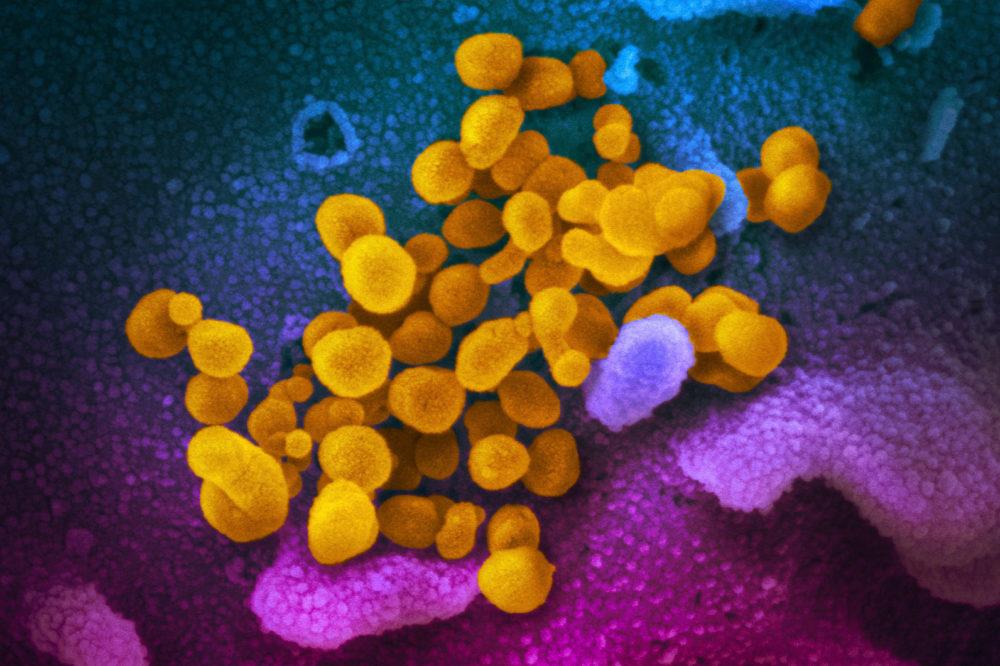By Lieba Nesis
There is currently a race to come up with the next coronavirus cure with dozens of medical companies feverishly testing the next panacea. The financial stakes are great and everyone knows it. The question is not “if” but “when” as the world waits with baited breath for the results of various clinical trials.
Zhang Linqi, at China’s Tsinghua University, said his team had discovered various antibodies that could block the virus from entering cells when used in medicinal form. Moreover, the three most talked about drugs Hydroxychloroquine, Azithromycin and Remdesivir could be significant “game-changers” as echoed by the president. China initially became interested in Hydroxychloroquine when it observed 80 patients with lupus in its dermatology ward remained immune to coronavirus despite the widespread outbreak in the hospital. Wuhan hospital treated 20 patients with the drug and within 5 days a chest CT scan showed significant absorption improvement in 19 of them-remarkable results. Similarly in France, an 80-person study found four out of five patients received favorable outcomes when treated with Hydroxychloroquine. According to Dr. Gautret 65 of the 80 patients were discharged from the hospital in less than 5 days. These patients had fairly mild symptoms but the recovery rate is astounding nonetheless. Anecdotal evidence confirms this success, as Dr. Vladmir Zelenko said that in 699 patients he treated with the drug there were Zero intubations, Zero deaths and four hospitalizations. To date there has been a hoarding of these medicines as many doctors use them prophylactically on themselves to prevent contraction of the virus upon consistent interaction with sick patients.
Similarly, Remdesivir, a novel antiviral drug categorized as a nucleotide analog has shown immense promise. The World Health Organization has touted it as the best remedy currently available. Gilead Sciences is producing the drug-a broad based antiviral that was initially developed to treat Ebola. There are three ongoing clinical trials across China and The United States which will hopefully prove Remdesivir’s efficacy in blocking the enzyme that viruses use to copy their genomes. Numerous patients on ventilators have reported miraculous results after near-death experiences with Remdesivir; along with laboratory experiments confirming the drug reduces viral loads and improves respiratory functions in a mouse model of SARS.
The final and most potent tool in the arsenal to inhibit the virus are 40 vaccines which are currently in the pipeline to be ready in 12 to 18 months-when the typical time frame for approval is 10 years. Experts are warning not to rush too quickly through safety trials as the effects on the public could be devastating. The “need for speed” at this critical juncture is clear; however, potentially sacrificing lives is only advisable in a last resort situation.




